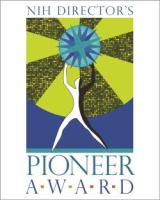2019 Awardees
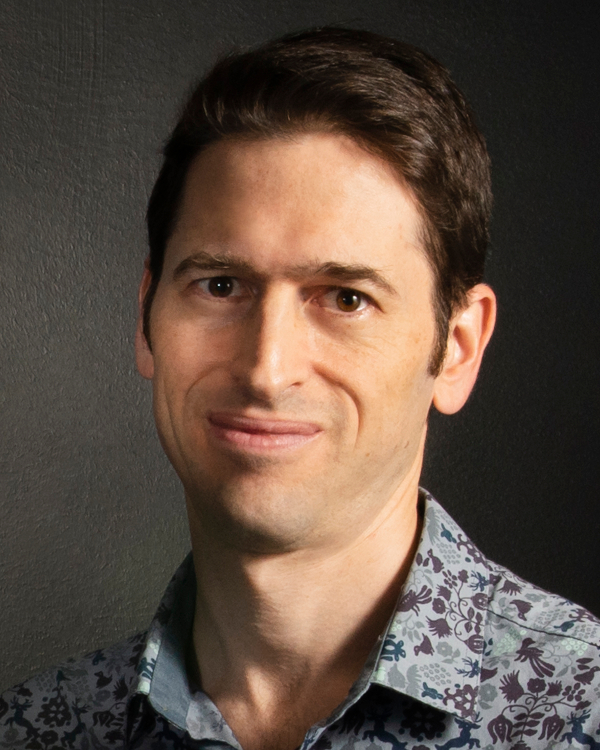
Mark Andermann, Ph.D.
Beth Israel Deaconess Medical Center, Harvard Medical School
Project Title: Look Inward: Brainstem and Cortical Circuits for Boosting Interoceptive Attention
Grant ID: DP1-AT010971
Funded by the National Institute of Neurological Disorders and Stroke and the National Center for Complementary and Integrative Health
Mark Andermann is an Associate Professor at Harvard Medical School in the Division of Endocrinology, Diabetes, and Metabolism, Department of Medicine at Beth Israel Deaconess Medical Center (BIDMC). Dr. Andermann received undergraduate training in math and physics at McGill University, Ph.D. training with Dr. Christopher Moore at MIT and Harvard, and postdoctoral training at the Helsinki University of Technology and with Dr. Clay Reid at Harvard Medical School, where he developed new tools for studying the neural basis of sensory perception using cellular imaging methods in behaving mice. Dr. Andermann’s lab seeks to understand how the needs of the body bias learning, attention, and imagery towards need-relevant objects, and how our attention shifts from these external stimuli towards internal body signals. To achieve these goals, the lab employs cellular and subcellular imaging methods to track the activity of specific brain cells in retina, thalamus, cortex, amygdala, hypothalamus, and brainstem across weeks as mice seek food, water, mates, or safety. A better understanding of the fundamental mechanisms by which the brain and body communicate is of broad relevance to psychiatry, neurology, and medicine.
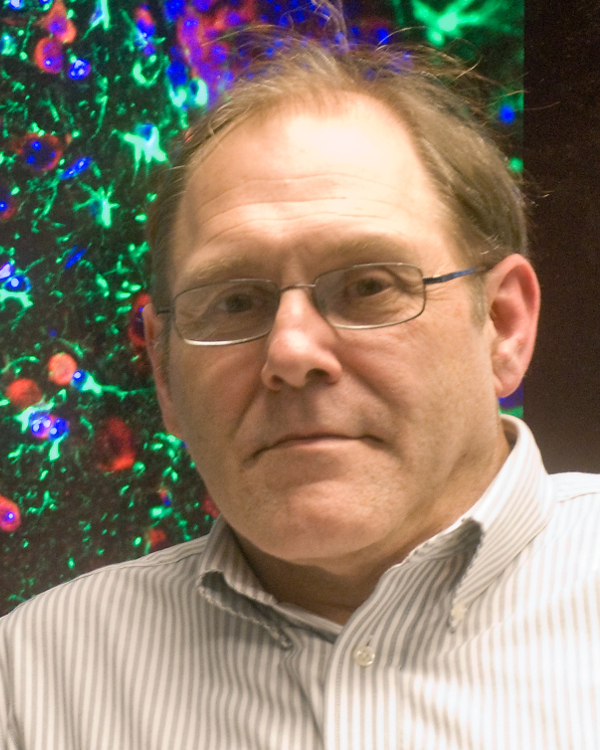
James Eberwine, Ph.D.
University of Pennsylvania Perelman School of Medicine
Project Title: The Secret Lives of RNA: The In Vivo 3D-Structural Logic of Single Neuron RNA Metabolism
Grant ID: DP1-AA028409
Funded by the National Institute on Alcohol Abuse and Alcoholism
James Eberwine is the Elmer Holmes Bobst Professor of Systems Pharmacology and Translational Therapeutics and Co-Director of the Penn Program in Single Cell Biology at the University of Pennsylvania Perelman School of Medicine. Dr. Eberwine’s pioneering of single cell RNA analysis including the development of linear aRNA and single cell PCR amplification procedures are his most well recognized works. His work has led to several technological advances that have facilitated the quantitative biology of single cells and has led to the establishment of the field of “single cell genomics”. Among his discoveries that required single cell analysis are; 1) coining of the phrase “expression profile” to describe the catalogue of cellular RNAs and their cellular abundances, 2) discovery of extra-nuclear splicing, 3) characterization of the single neuronal dendritic transcriptome and translational dynamics, 4) development of the first multigenic functional genomics technology that has detailed the biological role of complex expression profiles in cells and 5) enablement of the analysis of the transcriptomes of single cells in their natural microenvironment. Dr. Eberwine has originated and directed two Cold Spring Harbor Laboratory courses entitled “Advanced Techniques in Neuroscience” and “Single Cell Analyses”.
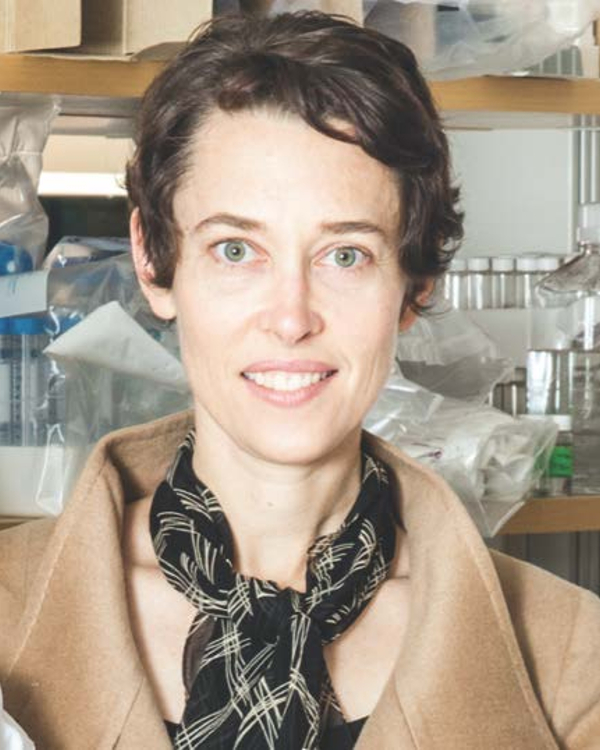
Jennifer H. Elisseeff, Ph.D.
Johns Hopkins University
Project Title: Biomaterials-Directed Regenerative Immunotherapies
Grant ID: DP1-AR076959
Jennifer Elisseeff is the Morton Goldberg Professor at the Translational Tissue Engineering Center at Johns Hopkins University. Dr. Elisseeff is working at the interface of biomaterials, regenerative medicine and immunology, a redirection in research inspired by clinical translation of her therapeutic biomaterials. Establishing the field of biomaterials-directed regenerative immunology led to her discoveries of adaptive immune profiles associated with regeneration and fibrosis in biomaterial responses. Understanding and subsequently manipulating the immune system may offer novel approaches for the design of regenerative immunotherapies applicable to tissue repair in numerous clinical indications. Dr. Elisseeff received a Bachelor’s degree from Carnegie Mellon and a Ph.D. from the Harvard-MIT Division of Health Sciences and Technology. She is a member of the National Academies of Engineering, Medicine, and Inventors.
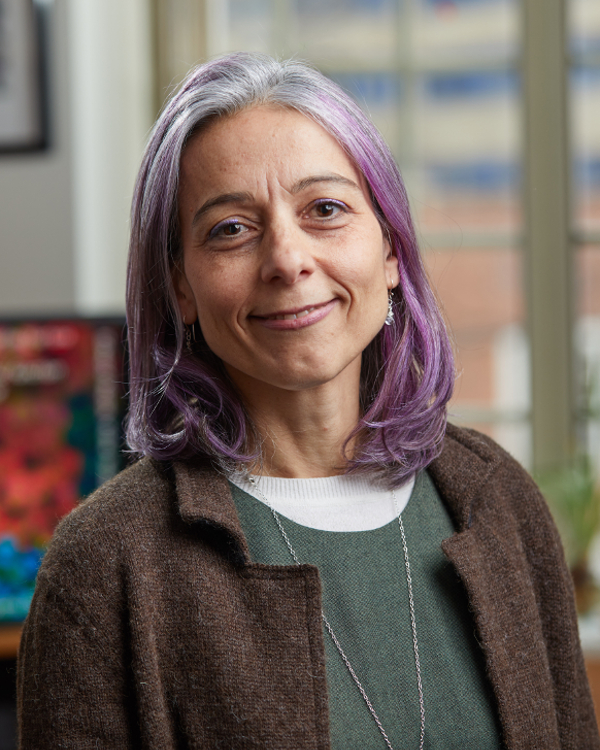
Valentina Greco, Ph.D.
Yale University
Project Title: Defining the Role of Mutational Burden in Sustaining Normal Homeostasis During Aging
Grant ID: DP1-AG066590
Valentina Greco was born in Palermo, Italy and earned her undergraduate degree in Molecular Biology at the University of Palermo, Italy. She earned her Ph.D. with Suzanne Eaton at the EMBL/MPI-CBG, Germany (1998-2002) and her post-doc with Elaine Fuchs at the Rockefeller University (2003-2009). Dr. Greco is currently the Carolyn Walch Slayman Professor of Genetics, Cell Biology and Dermatology Departments, and a member of the Yale Stem Cell Center and Yale Cancer Center at the Medical School of Yale University (2009-present). The Greco Lab focuses on trying to understand how stem cells and their environment contribute to organ regeneration, and how deviation from steady state are dealt by the tissue tracking the same cells over time in live mice. This work has provided unprecedented insights into tissue regeneration, which relies upon the coordinated activation of resident stem cells and their environment, and into key signaling pathways controlling dynamic stem cell behaviors and decisions.
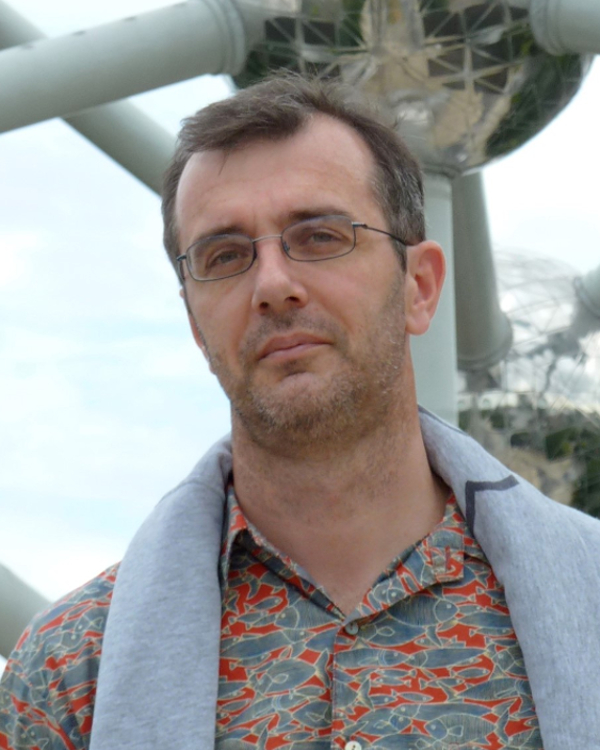
Christophe Herman, Ph.D.
Baylor College of Medicine
Project Title: A Synthetic Platform for Non-Antibiotic Eradication of Bacterial Infections
Grant ID: DP1-AI152073
Dr. Christophe Herman is a Professor at Baylor College of Medicine in the Department of Molecular and Human Genetics and a member of the Dan Duncan Cancer Center. He received his Ph.D. from the Université Libre de Bruxelles in 1996 under the guidance of Professor René Thomas and Richard D’Ari working at the Institut Jacques Monod in Paris on the lambda switch lysis-lysogenogy decision. He was a postdoctoral fellow with Dr. Graham Walker in MIT, then with Dr. Carol Gross at UCSF, as a Human Frontier Fellow where he studied the mechanism of the heat-shock response and membrane protein degradation in E.coli, prior to moving to Baylor College of Medicine in 2004 where he has been since. With the help of an early career Human Frontier Science Program award, he changed research direction and showed that transient transcription errors can trigger heritable phenotypic change. More recently his lab made the groundbreaking and surprising discovery that transcription fidelity comes at the expense of DNA break repair. For his pioneering work on transcription fidelity, he received the Michael E. DeBakey Excellence in Research Award.
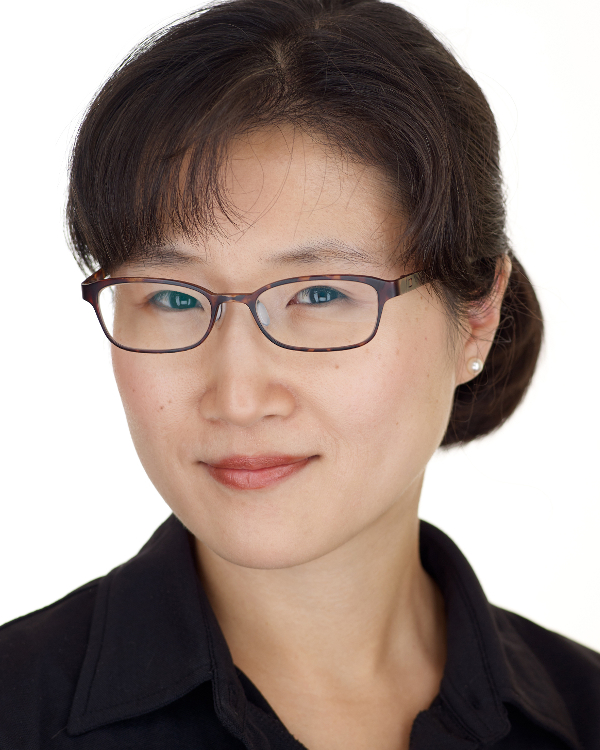
Sun Hur, Ph.D.
Boston Children’s Hospital
Project Title: Resolving Functional Aggregates: A New Perspective on Innate Immune Control
Grant ID: DP1-AI152074
Dr. Hur is a professor in the Department of Biological Chemistry and Molecular Pharmacology, Harvard Medical School and a Judy Lieberman Chair in Program in Cellular & Molecular Medicine, Boston Children’s Hospital. Her lab is interested in molecular mechanisms by which the vertebrate immune system discriminates between self and non-self molecules. The lab has been particularly interested in innate immune receptors that recognize foreign nucleic acids during microbial infection, and transcription factors responsible for establishing self-tolerance during T cell development. This Pioneer grant relates to functional aggregate assemblies that her lab discovered in innate immune signaling pathways.
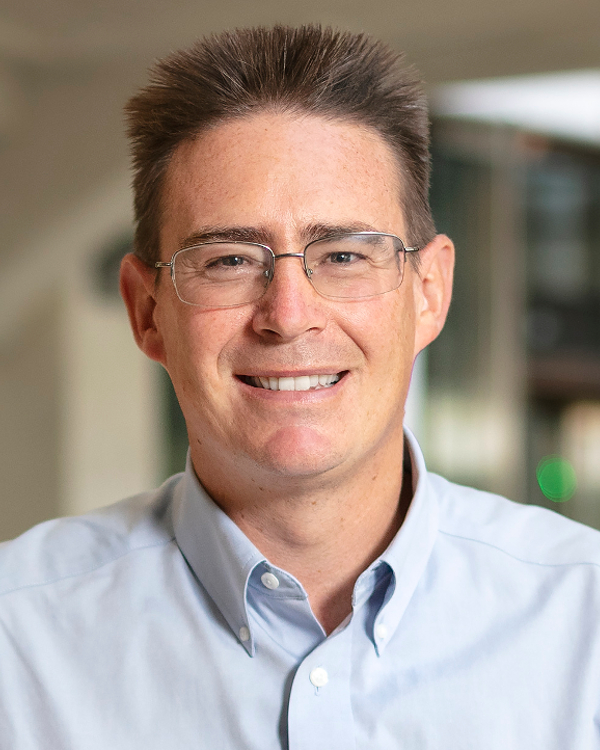
Rob Knight, Ph.D.
University of California San Diego
Project Title: Mapping Host-Microbe-Metabolite Interactions in 3D to Find Diet-Derived Enhancers of Immunity
Grant ID: DP1-AT010885
Rob Knight is the Director of the Center for Microbiome Innovation at UC San Diego, where he is a Professor of Pediatrics, Bioengineering, and Computer Science & Engineering. His research focuses on improved methods for reading out and understanding complex microbial communities, including the human microbiome. He co-founded the Earth Microbiome Project, the American Gut Project, and the company Biota, Inc., and was the co-recipient of the 2017 Massey Prize (with Dr. Jeffrey I. Gordon and Dr. Norman Pace). His Pioneer Award project focuses on integrating microbiome, metabolome, and host responses to understand how dietary components can combat infectious disease.
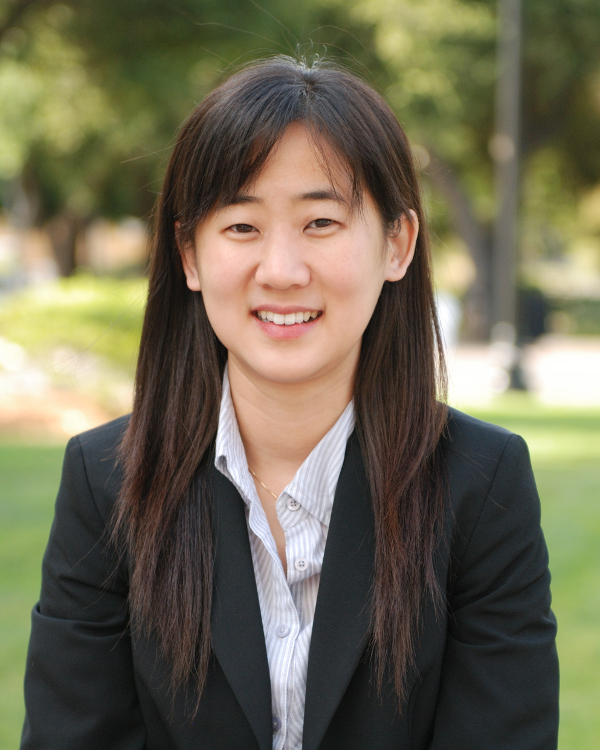
Jin Hyung Lee, Ph.D.
Stanford University
Project Title: From Optogenetic Functional MRI to Mechanogenetic Functional Ultrasound
Grant ID: DP1-NS116783
Jin Hyung Lee is an Associate Professor of Neurology, Bioengineering, Neurosurgery, and Electrical Engineering (Courtesy) at Stanford University. Dr. Lee received her Bachelor’s degree from Seoul National University and Masters and Doctoral degree from Stanford University, all in Electrical Engineering. As an Electrical Engineer by training with Neuroscience research interest, her goal is to analyze, debug, and engineer the brain circuit through innovative technology. She pioneered the optogenetic functional magnetic resonance imaging technology (ofMRI) to enable cell type specific investigation of whole brain circuit mechanisms. She is now developing the mechanogenetic functional ultrasound technology to enable investigation of cell type specific whole brain function in freely moving subjects.
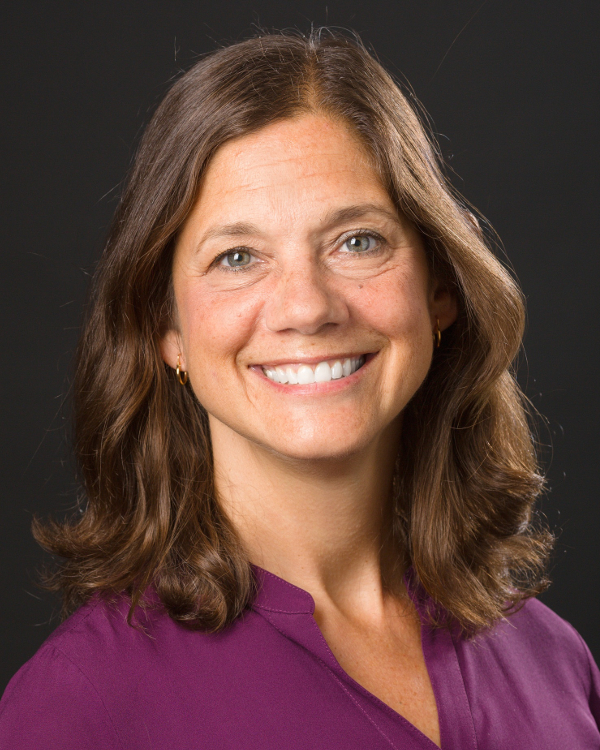
Marina R. Picciotto, Ph.D.
Yale University
Project Title: Acetylcholine Signaling Allows Cognitive Processes in the Brain to Regulate Physiological Responses to the Environment: The Example of Central Control of Opiate Tolerance
Grant ID: DP1-DA050986
Marina Picciotto is a neuroscientist at Yale University where she is Charles BG Murphy Professor in Psychiatry and Deputy Director of the Kavli Institute at Yale. She studies molecular mechanisms of behavior and psychiatric illness, focusing on nicotine and acetylcholine signaling. She is currently Editor-in-Chief of the Journal of Neuroscience, fellow of the American Association for the Advancement of Science and member of the National Academy of Medicine.
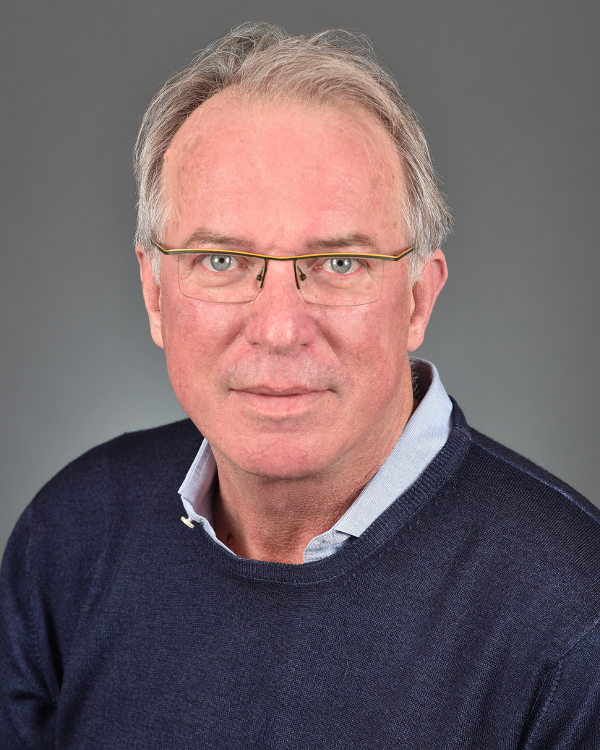
Hidde Ploegh, Ph.D.
Boston Children's Hospital, Harvard Medical School
Project Title: Imposing Order on the Family of Ubiquitin-Conjugating (E2) Enzymes Through Intracellular Perturbation with Nanobodies
Grant ID: DP1-AI150593
Dr. Hidde Ploegh’s research focus is the biochemistry of immune recognition, in particular mechanisms by which pathogens and tumors avoid detection by the immune system. He is known for his analysis of the pathways involved in antigen processing and presentation by products of the major histocompatibility complex (MHC); for studies of glycoprotein synthesis, turnover, trafficking, and quality-control mechanisms; and for pioneering the use of human leukocyte antigen (HLA) transgenic mice to examine the properties of human MHC products as restriction elements. He has applied peptide chemistry to develop probes to study the activity of the proteasome and ubiquitin-specific proteases, and has utilized bacterial sortases for novel protein engineering applications. He has employed these technologies in the generation of improved cytokines, and most recently, in conjunction with the isolation of camelid-derived single-domain antibodies, in the creation of improved tools for cytofluorimetry and non-invasive visualization of anti-tumor and anti-virus immune responses using positron emission tomography. Dr. Ploegh is a member of the National Academy of Sciences, the American Academy of Arts and Sciences, and the European Molecular Biology Organization. He is a correspondent of the Royal Dutch Academy of Sciences.
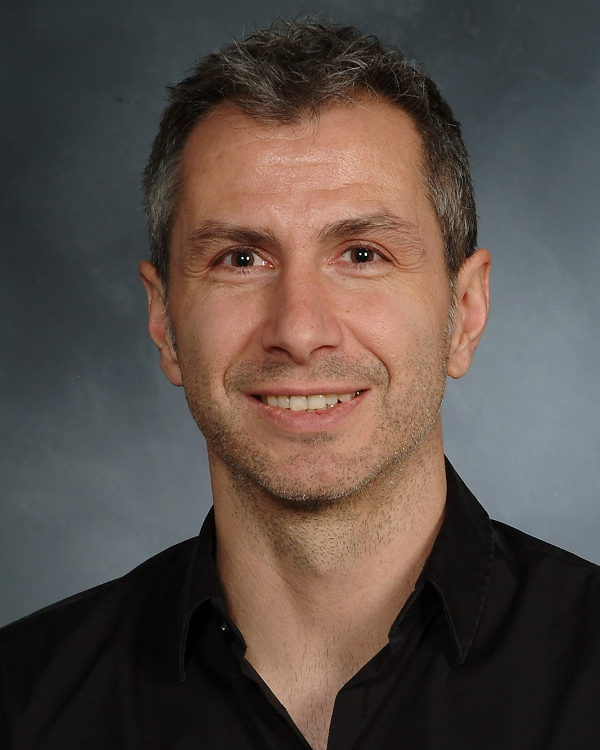
Simon Scheuring, Ph.D.
Weill Cornell Medicine
Project Title: Enabling Physical Stimuli in the Study of Structural Dynamics: The Sensory Ion Channels
Grant ID: DP1-AT010874
Simon Scheuring is a biologist who trained at the Biozentrum, University of Basel, Switzerland, where he also obtained his Ph.D. In his graduate work, he employed electron microscopy and atomic force microscopy techniques to elucidate the structure of membrane proteins. He continued with postdoctoral training in the field of membrane physical chemistry and biophysics where he developed atomic force microscopy (AFM) for the study of native membranes at Institut Curie, Paris, France, where he also started his independent research group. He grew his research group considerably after moving to the south of France, where he pioneered high-speed AFM (HS-AFM) and submodes thereof for the characterization of the dynamics and physical properties of proteins with a special focus on membrane proteins, such as channels, transporters and membrane trafficking proteins (INSERM, Université Aix-Marseille, Marseille, France). Since 2017, Simon is a professor at Weill Cornell Medicine in New York where he is developing and applying HS-AFM for the dynamic analysis of single unlabeled membrane channels and transporters with unprecedented spatio-temporal resolution. His major interest concerns the understanding how physical and biochemical cues modulate membrane protein function in sensory processes.


